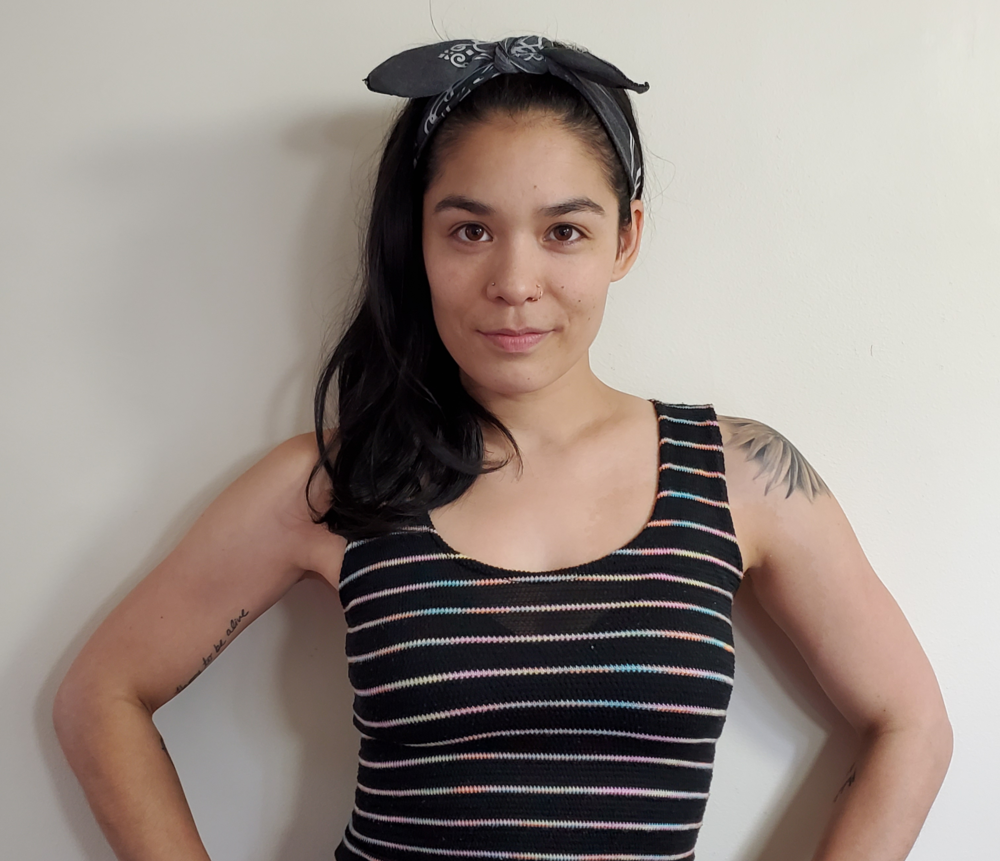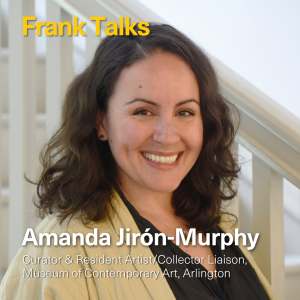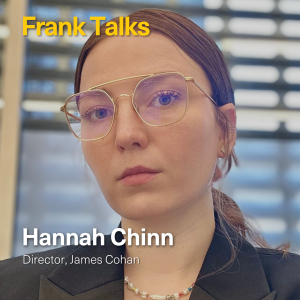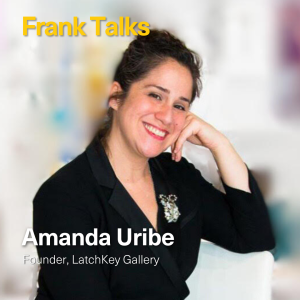Madeline earned a BFA in Sculpture and a minor in Art History from SUNY Purchase College; and she received her Master’s degree in Art Business from Sotheby’s Institute of Art. Madeline is a firm believer that art is not only about appreciation, but also a tool to enhance the quality of life for all– Ask her how design thinking can enhance public school education! Madeline currently works as an HR Generalist within the fashion industry.
Tell us a little more about yourself. When did you realize you wanted to pursue a career in this industry?
The arts were greatly nourished in my childhood, it’s something that looking back on, I have a lot of gratitude for. I love to create my own art, but I also knew that I didn’t want to produce artwork to make money, so I explored other avenues of the art world that allowed me to be in the conversation without having to market myself as a full time creator.
What was your first job in the Arts and what was the most useful or important thing you learned in that experience?
Gallery Manager for the Forum Art Space at SUNY Purchase- This job was so much fun! I learned so many great life and professional lessons there, but specifically, how to work collaboratively with others, especially other artists. I really believed in that little space inside The Stood, great senior exhibitions and group shows passed through those walls, and it is still student-run today!
You’ve worked for various arts organizations: galleries, nonprofits, auction houses and art fairs. What drew you to your current role?
I was looking for a way to take my skill sets and direct them to other areas of interest. For me it’s important that my work brings me some kind of gratification and motivation. Working within the gallery and non-profit art sectors were no longer offering that for me. I have spent most of my career thus far in the art world, and opportunities speak for themselves.
What has been the greatest accomplishment in your career thus far?
In 2018 I created the Designers Toolkit for Students, a toolkit that teaches students how to use creative methods for problem solving any and all challenges; both in their educational and personal lives. I created this from the belief that the United States education system is flawed and can be improved by encouraging students to think critically. I encourage those interested in learning more to contact me.
What is the best piece of advice you can give about working in the art world?
Educate yourself. Early on I spent a lot of time learning the bureaucratic end of the secor. When you see what goes on behind the scenes, you pick up on knowledge you aren’t traditionally taught as an artist. It’s also a flaw that basic business classes are not mandatory for art degrees. I have a lot of artist friends now that struggle to understand contracts they have signed, commissions they earned, taxes and tax write-offs, etc. and that’s a scary place to be in when that is your bread and butter. The information is out there, you just have to look for it and pick art curriculums and job oppertunities that not only creatively stimulate you, but prepare you to be fiscally responsible and business-minded. The HR in me also wants to remind you that until health insurance is free in this country– ask about the benefit packages before starting a job, make sure the packages, PTO, and work atmosphere match your expectations.
What do you think defines a good employee? And what defines a good supervisor?
I think the definition of a good employee is really diverse and depends on the job; but I guess from experience, when I thought that I’ve been a good employee what comes to mind is: solid work ethic, motivation, and a collaborative team player. An example of a good supervisor is someone who has done the work you’re doing now, and leverages that knowledge to further the mission and provide support to their subordinates. In the art world, there are so many “opportunities” that are unpaid or for school credit, and it’s shameful that most can not even ensure that a valuable mentorship has been provided. Individuals that get paid take more care in their work because you are adding value to the responsibility…plus it’s also just nice to not be a cheap asshole.
How do you think the art world can become more transparent?
Stop normalizing unpaid work and under-paid positions. Pay people for their contributions, and when that is not possible, modern-day bartering is still accepted by many.
How do you think art should be shared and/or experienced moving forward?
For me it’s important to see that art continues to educate people and be used to better the world; and that can be interpreted in so many ways, which is kind of the beauty of art at the end of the day. but if your reason for going into art was to make money, we likely have little in common.
If you could own work by 5 different artists, who would be in your collection?
- Frida Kahlo
- Matthew Barney
- Ragnar Kjartansson
- Xaviera Simmons
- Jeffrey Gibson




